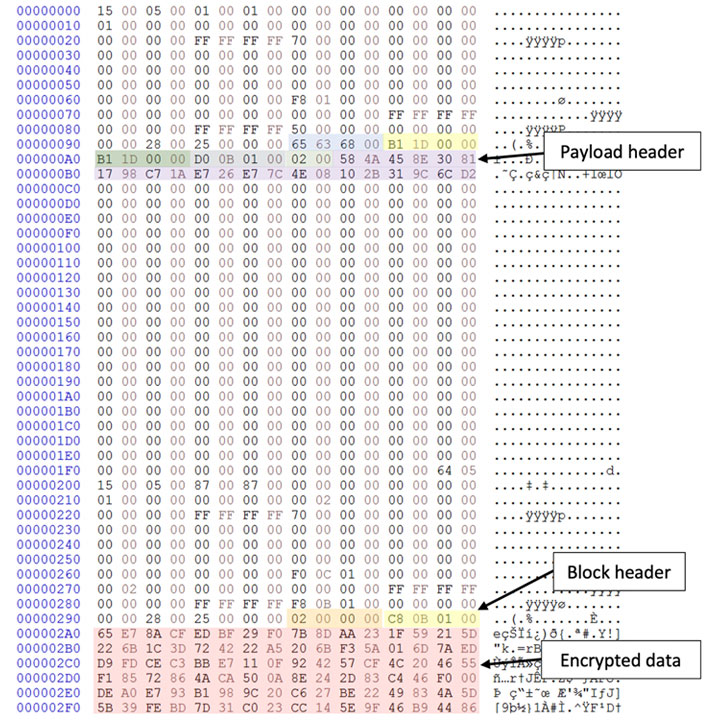How to keep your family safe online with ESET’s mobile security
Gone are the days of flip phones with keypads, their main drawcard the ability to play snake. Nowadays, you’d struggle to find a phone that isn’t connected to the internet, and while this brings a whole world of excitement and knowledge, it also creates risks, and especially so for children.
A 2020 study found that most children own a mobile phone by the age of seven, and mobile devices are the most common way children access the internet. In addition, 39% of the children surveyed said they could not live without their phones.
So, if they can’t live without their phones, they need to live with them – safely. However, while the desire to monitor your child’s phone activity is understandable, it can be hard to do so without feeling like you are invading their privacy.
To keep parents’ minds at ease and to instil good cyber hygiene practices in children from an early age, ESET Mobile Security (EMS) for Android comes with ESET Parental Control.
The app helps to keep your kids safe online and is available in both a free and premium version. Whether it’s suspicious texts or phishing scams, cyberbullying or limiting screen time, ESET Mobile Security means you can stay abreast of your child’s activities without having to confiscate or take their phone away, setting healthy boundaries for all involved.
Get the most out of ESET Mobile Security
With the Application Guard feature, parents can manage the amount of time kids spend on apps and which ones they use. Learning which apps your children most frequently use can also help to understand your child’s interests, providing insight into how they like to spend their time.
Parents can also set a daily budget for apps to prevent accidental overspending and download app usage reports to see their child’s activity over time, giving the peace of mind needed to focus on their work, life or play.
If you’ve tried the free app and are looking for more features, the premium version allows parents to check the current location of their kids and set up alerts via the Child Locator feature.
You can also control inappropriate web content with the Web Guard and Safe Search features, where only…






